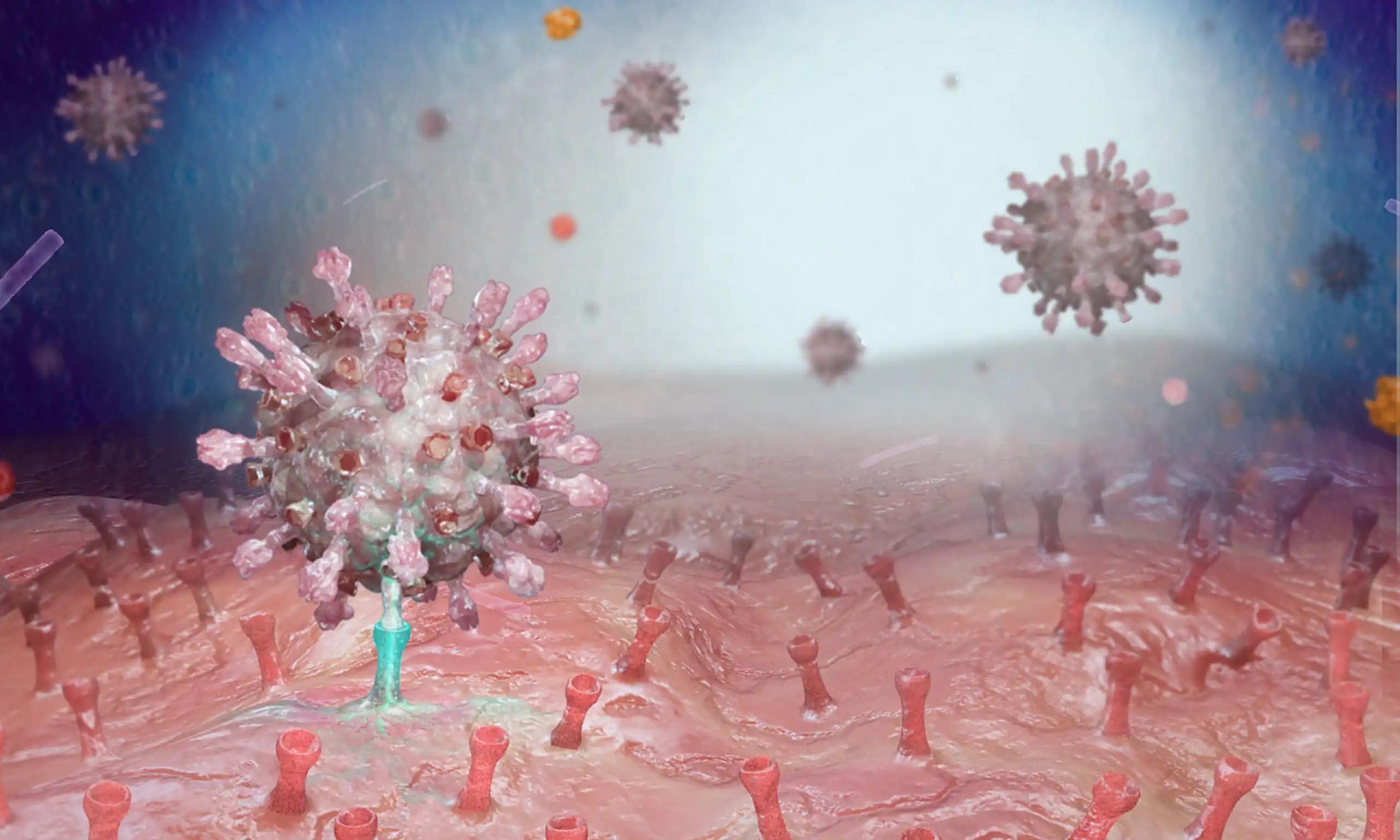KEY TAKEAWAYS
- The study aimed to evaluate the potential of a GA-guided supportive care program to improve the care of older adults with MM.
- Registry pts meeting inclusion criteria were offered referrals to supportive care resources based on GA findings.
- The study found future interventions focusing on CPPs or physical therapists may be feasible in this setting.
Multiple myeloma (MM) is a disease mostly affecting older adults with age-related health problems. GA-guided supportive care programs have improved treatment outcomes in older adults with solid-organ cancers.
Researchers aimed to evaluate the potential of a GA-guided supportive care program to improve the care of older adults with MM.
The study used an existing registry of adults with plasma cell disorders at the University of North Carolina, which identified eligible patients (pts) who met specific criteria. These criteria included a diagnosis of MM, age 60 or older, and at least one of the following issues, including physical function deficits, polypharmacy (taking 10 or more daily medications), or anxiety/depression as assessed by the Mental Health Index 13. Pts with physical function deficits were offered referrals to physical therapy (PT), while those with polypharmacy were referred to an oncology Clinical Pharmacist Practitioner (CPP) for medication reconciliation and potential de-prescribing. Pts experiencing mental health symptoms were offered referrals to our center’s Comprehensive Cancer Support Program (CCSP).
Of 59 pts identified with deficits on the geriatric assessment (GA), 14 already used available resources, leaving 45 eligible for new support. Among them, 16 accepted at least one referral, while 16 declined all offered referrals. For the remaining 13 pts, providers were prompted regarding referral recommendations before their visits, but no referrals were made during the visit. The most commonly identified resource was physical therapy (46 individuals) and CPP visits (33 individuals). Acceptance rates for referrals were highest for pharmacy visits (55% of those approached) and lowest for CCSP (0%).
The study found future interventions focusing on CPPs or physical therapists may be feasible in this setting, as many pts have polypharmacy or physical function deficits and are open to receiving these interventions.
Clinical Trial: https://classic.clinicaltrials.gov/ct2/show/NCT04999085
Christopher Edward Jensen, Kirsten A. Nyrop, Maya Logan, Martha Dell Strayhorn, Allison Mary Deal, Jordan Miller, Hyman B. Muss, Eben I. Lichtman, Sam Rubinstein, and Sascha Alexander Tuchman. DOI: 10.1200/JCO.2023.41.16_suppl.12065 Journal of Clinical Oncology 41, no. 16_suppl (June 01, 2023) 12065-12065.



